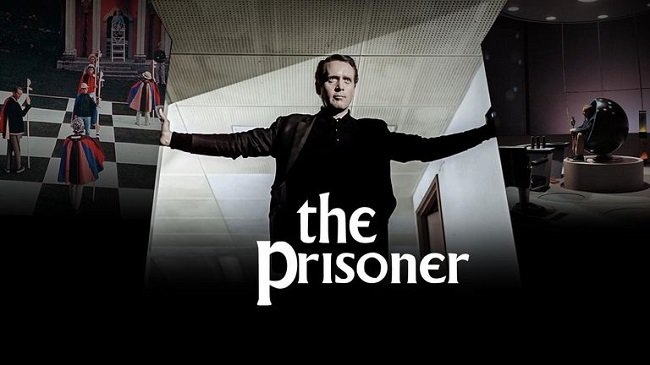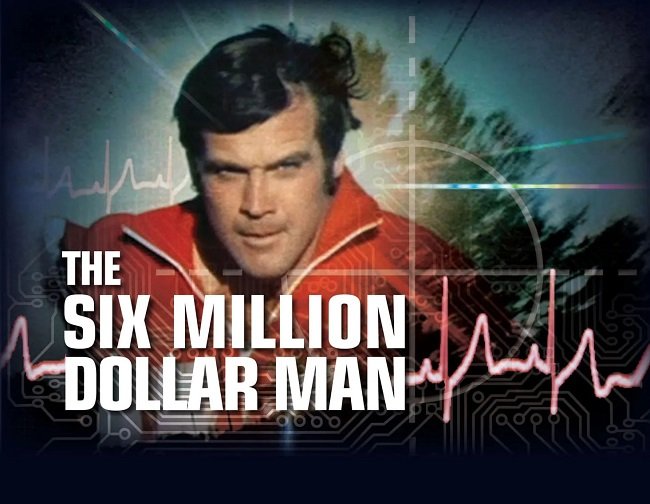Taking It Too Seriously?
In the past I’ve often been left somewhat flummoxed when I’ve read stories about fans knitting baby clothes for pregnant characters in soap operas. I’ve also been bemused when reading about actors being berated in the streets by members of the public, who seem incapable of separating the person from the fictional character they play. Such anecdotes have always been met with tutting and shaking of the head from myself. However, I have recently had to temper this rationalist outlook, due to a sudden fit of emotional investment in certain TV dramas. This curious epiphany has led me to conclude that it’s not just a case of good writing and acting (although these are key reasons), but ultimately a question of identifying with a character and empathising with them. Furthermore, who we identify with possibly says something about us to.
To give the previous statement some context, I was watching Endeavour last night which is now in its sixth season. One longstanding character, Chief Superintendent Reginald Bright, a senior officer who is coming to the end of his career has had more than his share of woes of late. His command was merged with a larger regional neighbour and he has been side lined to head of traffic. His core team have all be reassigned and the murder of one of his officers remains unsolved. Played with great dignity by Anton Lesser, Bright is an anachronism, representing the old guard in a Police force that is modernising to address the social and political change of the late sixties. He is a refined man, steeped in old world manners and social etiquette. But he’s also a loyal and open-minded policeman who commands the respect of those who truly know him.
Perhaps my description already shows that I have become invested in this character, although the show has many more similarly compelling protagonists. So when the Sunday evening’s episode revealed that PCS Bright’s wife (Carol Royale) had lung cancer and that she had only a short amount of time left, it was a crushing development. This plot development was underpinned by the calibre of the understated acting and minimalist script. The emotion of this turn of events was carried by the actor’s non-verbal performance and our emotional connection to him. I was genuinely moved and even tweeted such. A little later I reflected upon how a drama could have such a strong emotional impact upon me, and judging from my Twitter timeline, numerous other viewers.
I think the reason we connect, identify or feel some sense of rapport with a fictional character ultimately is down to being able to relate to their experiences or agreeing with what they represent and extoll. The moment you make a personal connection, see parallels to your own life or just find yourself in some state of accord, then a character becomes more than the sum of their parts. Perhaps the concept of the Imago is relevant here? I’m not trained in such scholarly study, so I best not focus on too much armchair psychology. But as I’ve got older, I have found that well written dramas can strike this strong emotional chord and now I can see why people take fictional characters to their heart so. Perhaps I’ve felt this way before and just haven’t recognised it. Spock being a prime example. As for PCS Reginald Bright, I shall see where the story takes us both and no doubt I’ll be further saddened. Yet it will at least be a journey I care about. As for the criticism of “taking it too seriously”, I shall think long and hard before I say such a thing again.




























